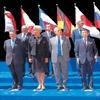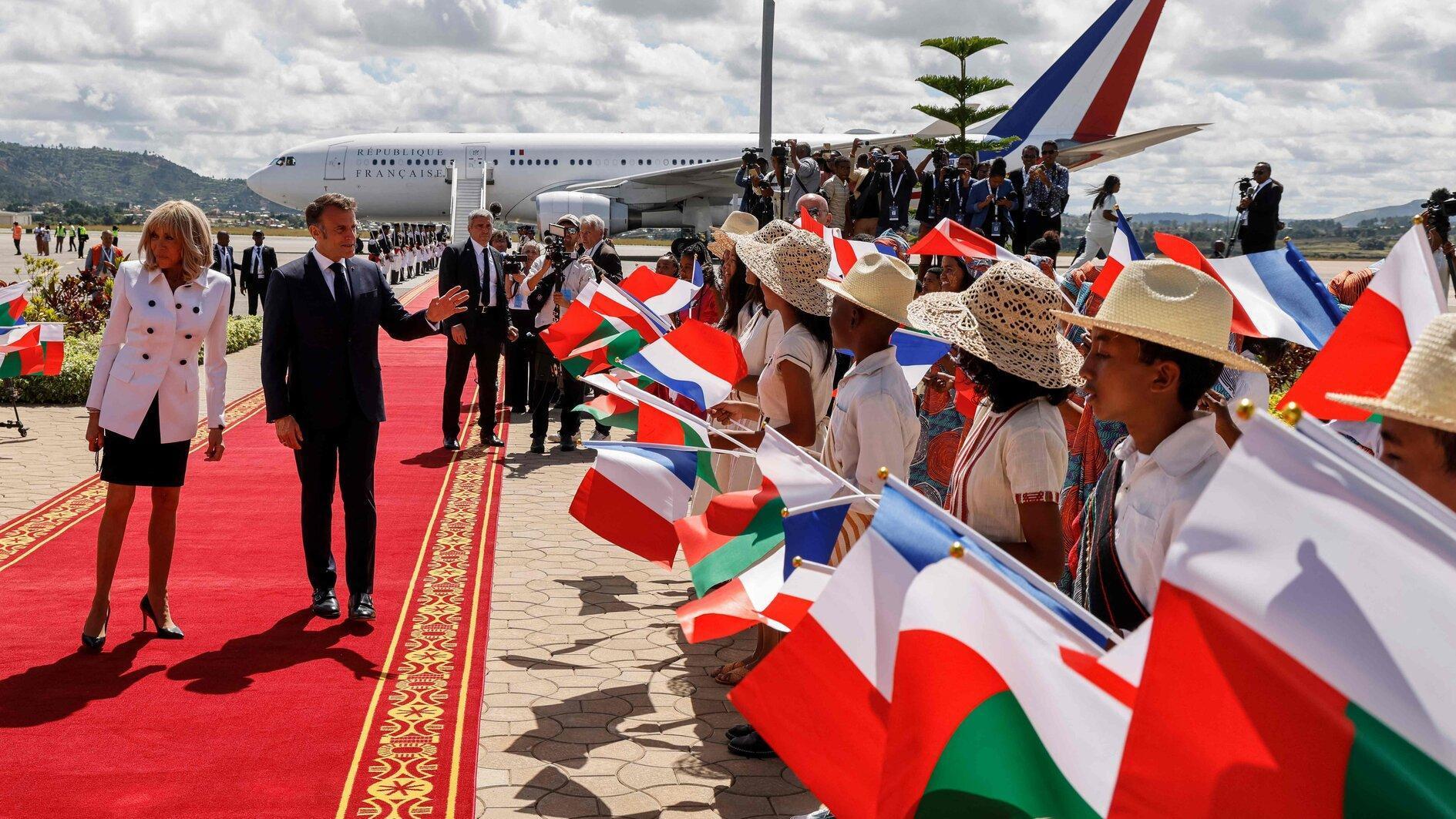G8 ministers ponder how to unwind policy
Bloomberg

refid:11864835 ilişkili resim dosyası
The Group of Eight nations began considering how to reverse the emergency steps they took to rescue the world economy as it shows signs of recovery.As they delivered their most upbeat outlook since Lehman Brothers Holdings collapsed, G-8 finance ministers said they will start planning exit strategies for when sustainable growth returns. It’s still too soon to roll back budget deficits and bank bailouts, they said after a meeting in Lecce, Italy.
"We discussed the need to prepare ... strategies for unwinding the extraordinary policy measures taken to respond to the crisis once the recovery is assured," the ministers said in a statement Saturday. There are "signs of stabilization," though "the situation remains uncertain."
Governments are under pressure to turn their attention from fighting recession to smoothing a recovery as investors worry more than $2 trillion in stimulus programs will spark inflation if left unchecked. The officials bickered over whether Europe is endangering a rebound by refusing to impose stricter checks on banks.
"Early signs of improvement are encouraging, but the global economy is still operating well below potential and we still face acute challenges," U.S. Treasury Secretary Timothy Geithner told reporters. Signs the worst slump since World War II is moderating are prompting central bankers and investors to warn that inflation will accelerate if governments don’t cut back. U.S. Treasury 10-year note yields last week reached 4 percent for the first time since October.
"There is a distinct shift in tone" from the G-8, said Eswar Prasad, an economist at the Brookings Institution. Still, "rising interest rates due to concerns about fiscal deficits and prospects of inflation could choke off a nascent recovery."
The governments didn’t outline how they will tighten policy once they deem their economies to be strong enough to take it and tasked the International Monetary Fund, or IMF, with studying ways to do so. They pledged to coordinate so as not to distort markets and economies as happened during the rush to save banks.
While German Finance Minister Peer Steinbrueck sought a "credible exit strategy" to avoid inflation, Geithner and U.K. Chancellor of the Exchequer Alistair Darling warned against hurting the global economy by acting prematurely.
"It is too early to shift toward policy restraint," Geithner said. Darling said "no one is talking about exiting yet." The G-8 met a day after data showed consumer confidence rose for a fourth month in the U.S. in June, and climbed to a 14-month high in May in Japan. U.S. stocks advanced last week, erasing the Dow Jones Industrial Average’s 2009 loss. Home Depot, the world’s largest home-improvement chain, said June 10 that fiscal 2009 profit may decline less than it had projected. Virgin America, an airline partly owned by U.K. billionaire Richard Branson, said June 12 that its first-quarter net loss narrowed to $40.3 million as the carrier filled more seats on its planes.
"There are increased signs of stabilization," the G-8 said. Still, it cited rising unemployment as a challenge and pledged to keep taking "all necessary steps to put the global economy on a strong, stable and sustainable growth path."
Stress tests were debated at the meeting, with euro-area governments reluctant to follow the U.S. by examining the capital needs of particular banks. They argue that the region’s institutions are too diverse to evaluate by a single standard and that publishing results could rekindle the crisis. They have instead conducted a test of their whole financial system, although still refuse to reveal the details.
By contrast, U.S. financial firms unveiled plans to raise more than $100 billion since government tests of the 19 largest banks found that 10 needed $74.6 billion of additional capital to weather a more severe recession.
















